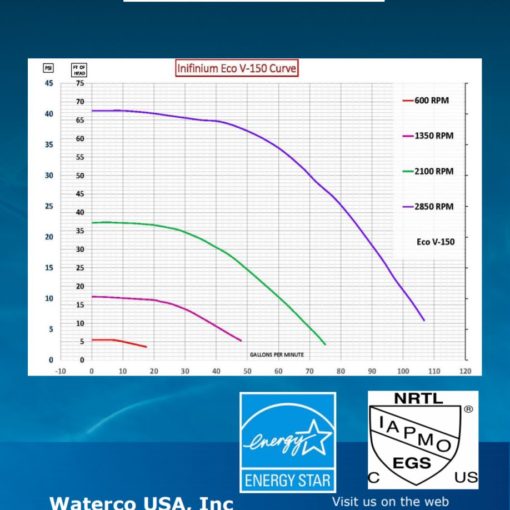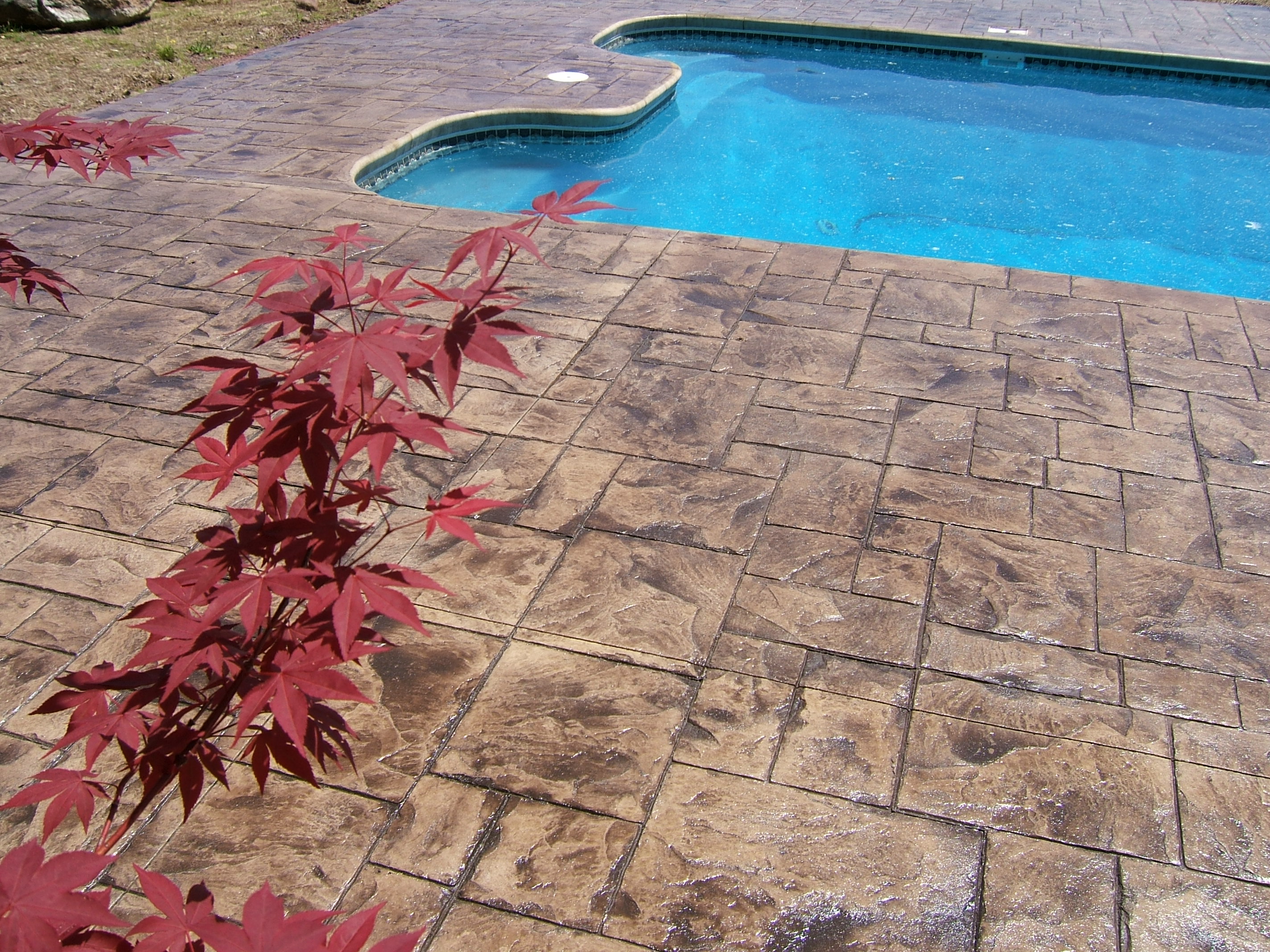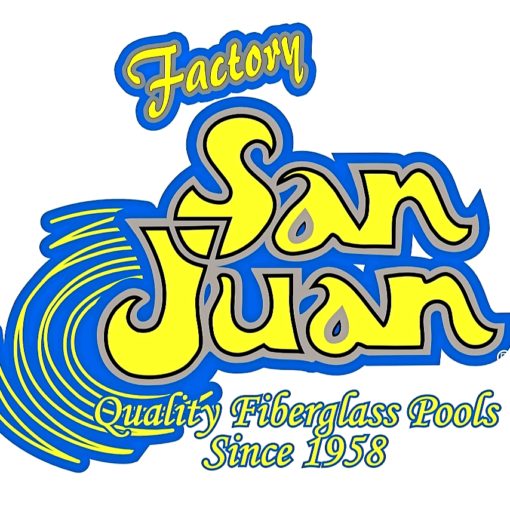
Installing Fiberglass Pools in Sand or Gravel
The purpose of this post is to point out the benefits of using 3/8 clean gravel stone back fill for a fiberglass pool installation. Let me point out that not every situation calls for gravel back fill, however in the Northeast climates Stone is the material of choice. I see a lot of fiberglass pool installers try to use the same dirt/clay that comes out of the hole. Of course this is the cheapest and least expensive option for the installer, but could potentially hinder the overall performance of the project. Customers be wary of pool companies that sub out the installation, decking and other pool related services to subs. I see it all the time they try to chince out on the purchase of approved materials to back fill a fiberglass pool project in order to save money. This will surely prove to be a costly mistake for both the pool dealer and the homeowner. I will list the three most common and accepted methods of back filling a fiberglass pool along with the benefits of each. Keep in mind if we are digging 100 percent beach sand without any clay mixed in it we are going to use it. The reason we use 3/8 clean gravel on 95 percent of all our installations is due to most holes we dig have a clay bottom. We install sump systems on every fiberglass pool project we perform. A sump system is used primarily to evacuate water from below the pool if a repair is ever needed. Without a sump in place a repair on the bottom of a fiberglass pool with water underneath would be close to impossible. On our larger pools we usually use about 80 tons of gravel for under our pool, backfill material and concrete decking. We have found that by using gravel there is little to no settling under our pools. We use a plate tamper to flatten and create a hard service under the pool. We have also found that stone provides for a much cleaner job overall. Using Sand as a back fill material requires the flooding of water under and around the pool during installation. This never made any sense to us. We are trying to keep water away from the pool shell at all times. Artistic Pools has installed over 300 Fiberglass pool projects in stone without any problems. The most expensive material to use to back fill a fiberglass pool is the process of using flowable fill. Flowable fill is the mixture of water, Sand, Cement and Fly ash. Basically you are installing a fiberglass pool in a concrete shell at this point. The benefit is that the product once cured is 99.9 percent compacted yet still can excavate it out if needed. The soupy mix is only about 300 psi when installed. This method is rarely used due to the high cost associated with the product. The down fall for this product is that Multiple concrete trucks are needed on site, a pump truck is needed to pump the slurry and most importantly the mess created makes me ill. I am a visual person by nature and as you know this causes people like me not to sleep well at night. Most installs have limited space for all our equipment therefore posing a huge challenge to make room for additional concrete trucks, pump trucks ect ect.
Price comparison for materials used in the Northeast.
Sand (Clean) usually 10.00 per ton (800.00) for a large pool
Gravel (clean) usually 20.00 per ton (1600.00) for a large pool
Flowable fill: 80.00 per yard average (4100.00) for a large pool plus pump truck
I hope you enjoyed our perspective on back filling a fiberglass pool. Other article’s you might find interesting on this topic can be found at www.riverpoolsandspas.com Marcus sheridan




3 thoughts on “Installing Fiberglass Pools in Sand or Gravel”
Amazing Post, Thanks for sharing
Indeed! Installing fiberglass pools in sand or gravel is one great idea how on building the pool at the house. Quality is one of the reason, of course. I agree with what you explain in your blog. You know what, my friend’s pool has installed the same on what you have mentioned here. She believes in the concept of durability and quality of the building its foundation.
I think this is one of the most significant information for me. And i am glad reading your article. But wanna remark on some general things, The web site style is perfect, the articles is really great : D. Good job, cheers